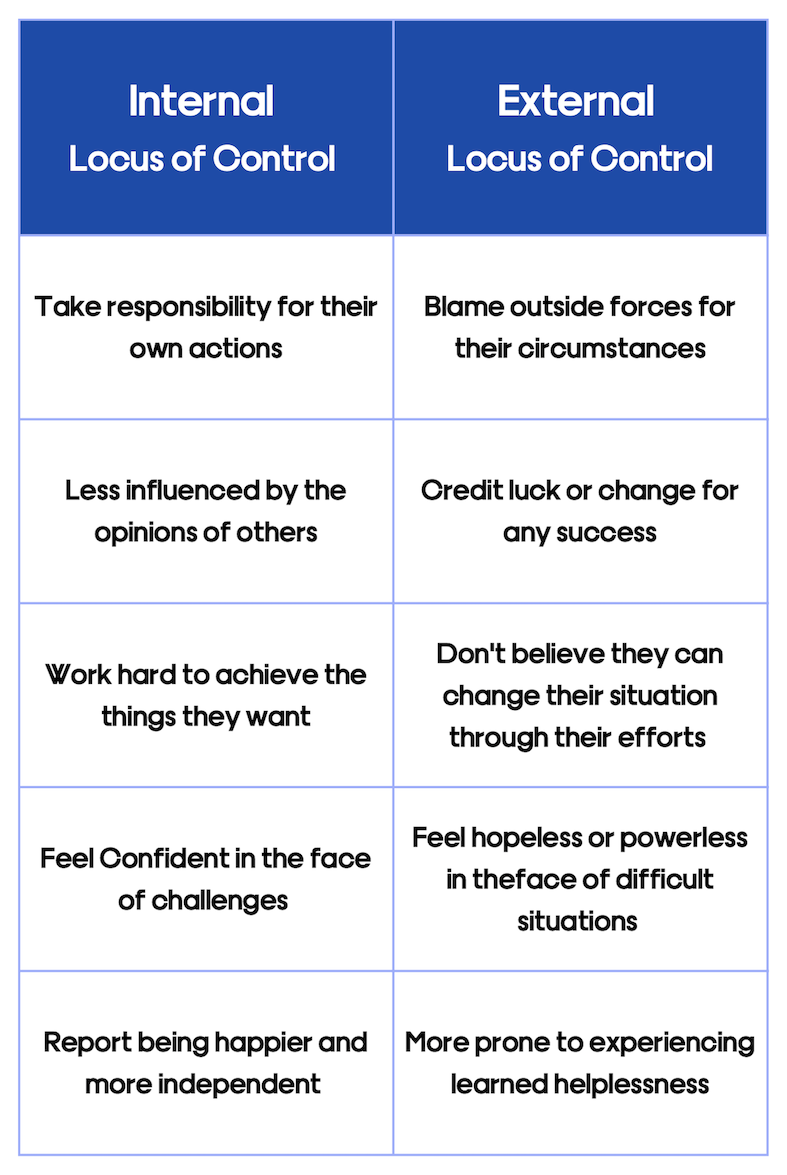Understanding Your Locus of Control
‘Locus of Control’ is an individuals belief system with regards to the causes of their experiences and the factors to which that person attributes success or failure.
The concept of locus of control is divided into two categories: internal and external. If a person has an internal locus of control, they attribute their success or failures to their own efforts and abilities. On the other hand, a person with an external locus of control, attributes their success or failures to external factors, things outside of their control, such as luck or fate.
Whether someones locus of control is internal or external is often dependent on if the individual has succeeded or failed. Although people won’t rush to admit it, it is often the case that when someone achieves something, they will put the majority of their successes down to themselves; whereas when they fail, they will attribute their failure to external factors. Your locus of control is positioned on a sliding scale. Your position on this scale will generally stay in the same place, but has the potential to slide towards one end or the other, depending on the situation.
When trying to establish other people’s locus of control, we tend to recognise the two types through the words they use and do not use. Those with an internal locus of control tend to use a first person narrative. For example, “I know it is my responsibility”, “I have to develop myself to be able to succeed” and “We really knocked it out of the park there, well done”. This suggests that those with an internal locus of control believe that they are solely responsible for their success or failure.
If on the other hand, the statements or phrases someone is using are referring to external influences such as the actions of others, ‘chances’ or ‘luck’, then we can consider that these hold an ‘external’ locus of control. For example, “If it wasn’t for them, I would have been a lot higher up the corporate ladder”, “They were lucky - they were clearly in the right place at the right time”, and “It’s tough in our market, the competition is killing us”. They believe that things such as fate and circumstance are the factors that are more likely to determine success rather than the strength and the quality of their own efforts.
The below table lists the characteristics of people who have an internal or external locus of control:
Research suggests that those with an internal locus of control tend to be ‘better off’. People who feel they have control over their lives and are solely responsible for the decisions they make, the way they perform and what they achieve, are going to be in a ‘better place’. However, in some situations an external locus of control isn’t necessarily bad. For example, if someone isn’t particularly strong at a certain sport, instead of taking responsibility for their poor performance by admitting that they are bad at it and potentially affecting their self-esteem, switching to an external locus of control and putting their performance down to the competition cheating, or bad refereeing, may mean they feel better about the situation.
Do you have an external or internal locus of control? Take our test to find out:
In Summary: We can see that these two opposed thought processes can explain why some people see the world the way they do. For some, everything that happens to them is dependent on external factors, whereas, others are able to take responsibility for all their actions, regardless of whether it is a success or a failure. The way we perceive the outcomes of our actions can have a huge influence on our lives and what we choose to do with it.


